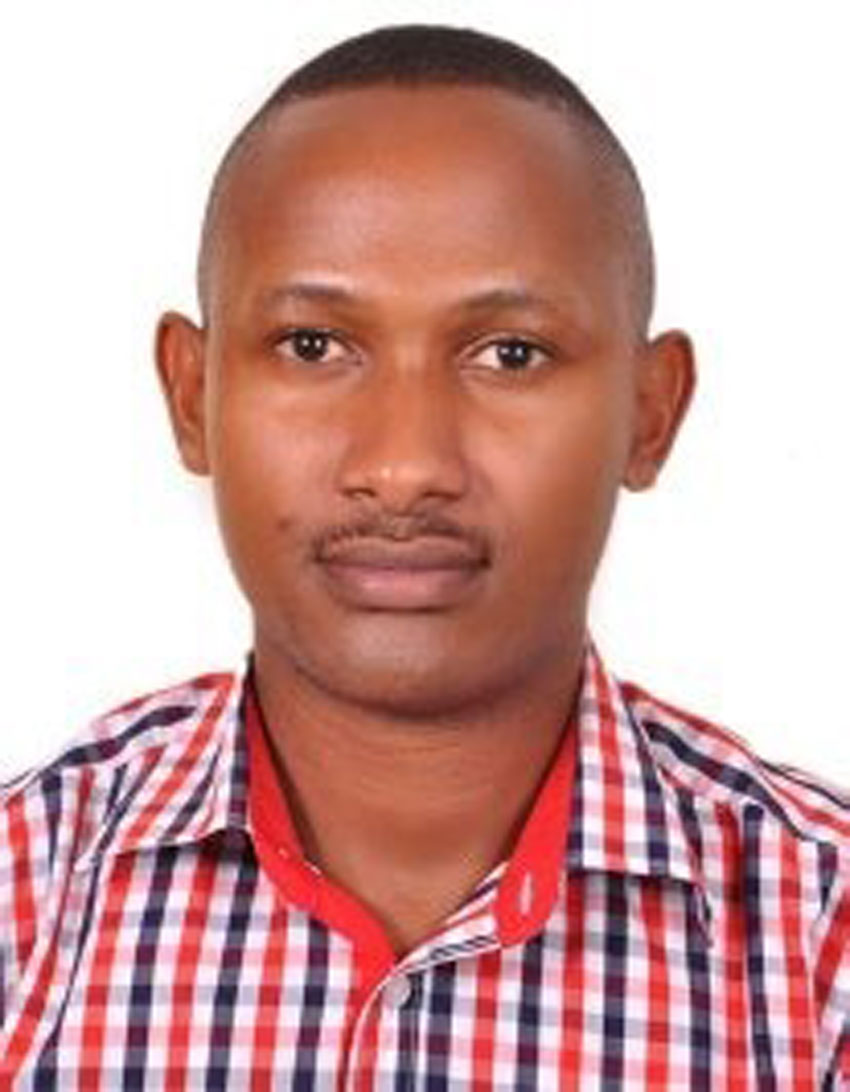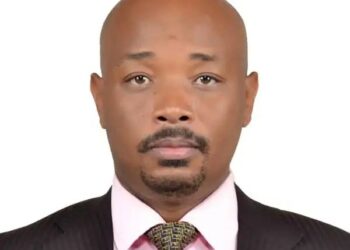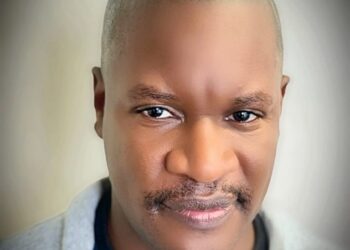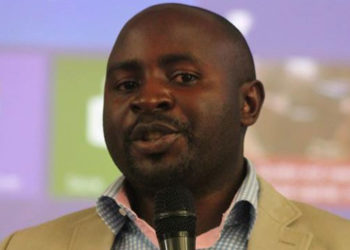For 29 years now, May 3 remains a day when the world celebrates freedom of expression and stands together to promote its full protection. The day came into force following the 1991 Declaration of Windhoek, whose anniversary the United Nations General Assembly chose for World Press Freedom Day. As we commemorate the Day, we are all reminded of the critical role the Fourth Estate plays of informing, educating and entertaining us and the need for us all to protect it.
One of the biggest challenges the media is facing currently is how to navigate and deliver amid the ongoing novel coronavirus disease 2019 (COVID-19) fight. In the wake of the first outbreak in Uganda on March 22, President Museveni swiftly moved in with directives in response to the pandemic fight. Beyond budget constraints for media houses to continue operating during this period due to slowed business, many media practitioners are being affected by the measures on unprecedented scale.
The enforcement of such directives has since received a widespread outcry from the public over inhumane and degrading treatment by security personnel, specifically the Local Defence Units (LDU). The journalists have not been spared either, even when they are categorised among essential workers who should be left to continue working. Many of our colleagues have been caught in the line of fire during the enforcement of these directives because of their work.
Legally, Article 110 of the Constitution of Uganda and the Public Health Act 281 of 1935 empower government to put in place any measures aimed at securing the public safety and protecting life. However, the same Constitution says these measures cannot derogate from certain human rights and freedoms such as freedom from torture, cruel, inhuman and degrading treatment. These are guaranteed under Chapter Four of our Constitution.
These same rights and freedoms are provided for by regional and international instruments such as Article 9 of the African Charter on Human and Peoples’ Rights, and Article 19 of the International Covenant on Civil and Political Rights, which Uganda has signed and ratified. The African Commission on Human and Peoples’ Rights has also just published the revised Declaration of Principles of Freedom of Expression and Access to Information in Africa, which still shield journalists and other media practitioners from attacks.
The recent army beatings of journalists Musisi Kalyankolo, a Vision Group’s reporter in Mukono District, Julius Ocungi, the Uganda Radio Network bureau chief in Kitgum District, and Perez Rumanzi, a Nation Media Group scribe in Ntungamo District, were uncalled for. These victims make up more than 10 journalists who have been either arrested, or harassed by security forces since the lockdown was announced. Such targeted attacks tell of a recurrent plight that media practitioners encounter in line of their duty when the country is no longer at ease.
The country’s record of freedom of expression, access to information and the general media environment, are still wanting on global rankings. In the Global Press Freedom Index by Reporters Without Borders, Uganda was ranked 125th in 2020, the same position in 2019 and a drop from the 117th position in 2018. Different media rights reports both locally and internationally highlight beatings, arbitrary arrests and detentions, confiscation of equipment and forceful deletion of footage by security officers as dominant violations meted against journalists with impunity in Uganda. When such acts continue, they jeopardise media’s critical role and efforts of informing and educating the public.
Whereas we are aware that there are some kawukuumi (bad elements) among us, such members need to be guided better. If they continue contrary to the set guidelines, beatings, arbitrary arrests and detentions are not options. Let the law take its course. Any attack on a journalist must be condemned in its strongest terms by everyone to deter other potential perpetrators. The recent arrest and arraignment of some security officers accused of torturing and humiliating others in the enforcement of presidential directives is so far welcome and is highly encouraged.
Just like it always is their duty, media practitioners have so far done an excellent job in translating and disseminating information to inform and educate the masses about COVID-19 pandemic and the campaign to curb its further spread. Give them all the necessary protection while in the line of duty to continue working during this period and beyond.
Even in the worst crises where some rights may not be absolute, the Uganda government still has the obligation to respect, protect and fulfill these rights. Journalists remain the eyes and ears of the public. As we commemorate this World Press Freedom Day, we should remember that curtailing media operations impedes the country’s progress in all aspects.
The author is a journalist and candidate of MPhil in Human Rights and Democratisation at University of Pretoria, South Africa.
johnsonmayamba@gmail.com
Do you have a story in your community or an opinion to share with us: Email us at editorial@watchdoguganda.com













